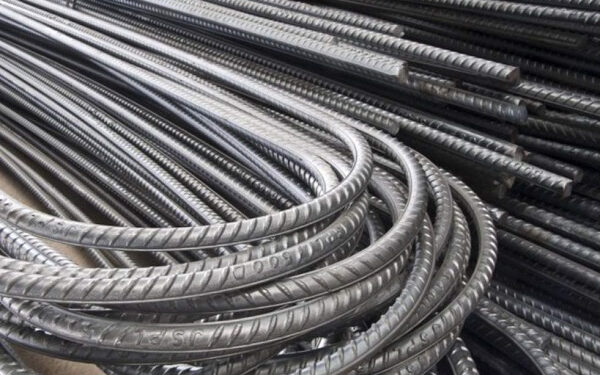Trucks in a convoy took a turn towards the Accra-Tema motorway, heading south, loaded with iron rods and steel products from the Tema heavy industrial Area.
The steel industries mostly located in the Tema- Kpong industrial enclave resumed production after the coronavirus induced lockdown.
These steel industries produce the fine products needed for construction and other forms of fabrication.
They have over the years invested heavily in environmentally friendly and energy-saving equipment as they offer relief packages to workers, stepping up their social responsibility programmes to society and host communities.
Ghana’s steel industry offers the foundation for real industrialization especially in metallurgy which form the bases for the automobile and fabrication industry.
Apart from this potential, Ghana’s steel industry is also well positioned to feed the West African sub-region.
Available statistics indicate that Ghana’s steel industry has an installed capacity of more than one million metric tones.
Ghana’s domestic demand for steel products is only about 400,000 metric tonnes, leaving a huge excess of more than 600,000 metric tonnes which could be a source of crucial foreign exchange for the country.
The demand for these steel products in the rest of West Africa is huge and the starved market will readily absorb the excess supply, making Ghana a major exporter of steel products.
Available statistics indicate that iron and steel circles, rods, sheets and billets exported from Ghana increased by 108 per cent, representing 3.08 per cent of the country’s total non-traditional exports.
Ironically, iron and steel importation into Ghana is on the rise, sapping away critical foreign exchange.
The logical thing for the government to do is to pursue a protectionist policy by banning the importation of iron rods and steel products which are produced locally to save jobs and foreign exchange.
The government should also reduce drastically electricity tariffs for the sector. With the low price of oil on the international market feeding the thermal component of our electricity generation mix will not cost so much hence the need to pass on some of the gains to industry.
Cheap power and access to low-interest rates on bank loans have many foreign companies more competitive than our local industries. The imports coming in are from these business and industry-friendly environments.
Apart from the economic contribution made by the steel industry through job creation and payment of taxes to the state, it can scavenge highways and street corners for abandoned broken down vehicles which create accidents and deaths.
The manufacturers have already talked to the government for this win-win activity and it is the hope of most Ghanaians that it will see light.
As Ghana and the rest of Africa match towards the African Free Trade Area Agreement implementation, we should look at the areas that give us a competitive advantage in order to reap the full benefits of the continental huge market.
The steel industry is certainly one of them and must be protected before we witness its total collapse.































